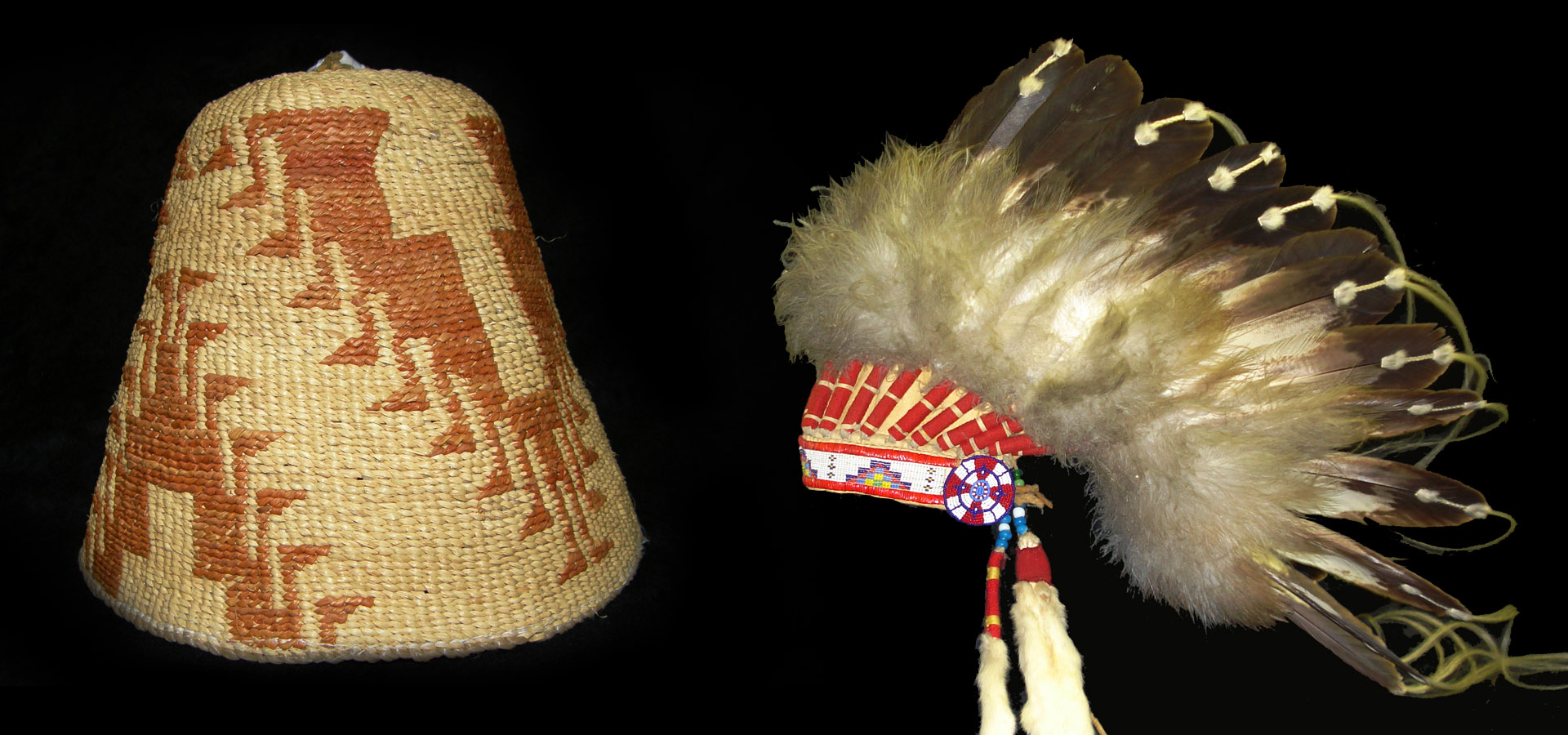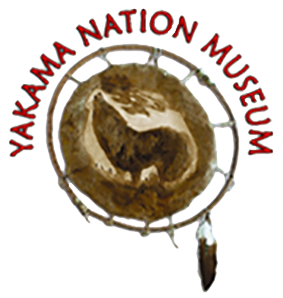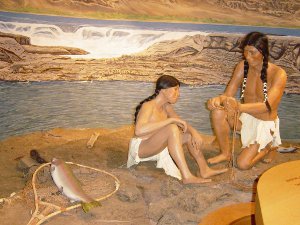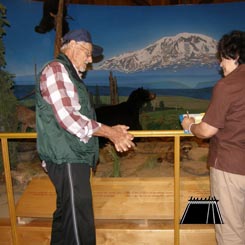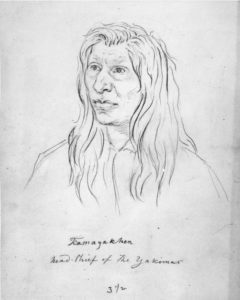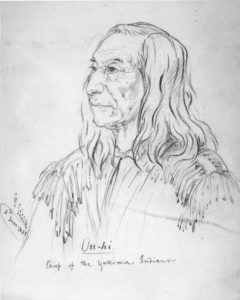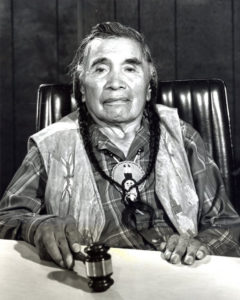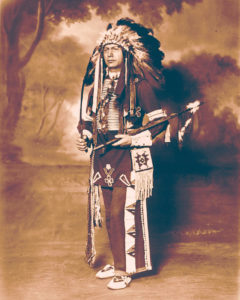Mission Statement
The mission of the Yakama Nation Museum is to engage the public with culture and art of enduring quality, to facilitate dialog with diverse audiences, and to collect, preserve, and educate audiences for the enrichment of present and future generations
Our History, Our Legacy…Past to Present
The Yakama Nation Cultural Center opened on 9 June 1980, the same year that Mt. St. Helen’s erupted. We are one of the oldest Native American Museums in the United States. The 12,000 square foot exhibition hall is the result of years of hope, thought, and effort on the part of the Yakama people.
Visitor Policies
All group tours must make appointments. Please call our Event Coordinator, Deidre, at (509) 865-2800 x4740 or email us at [email protected].
We have listed simple rules for your convenience in advance of your visit.
– No photography
– No food or drink
– No recording devices
